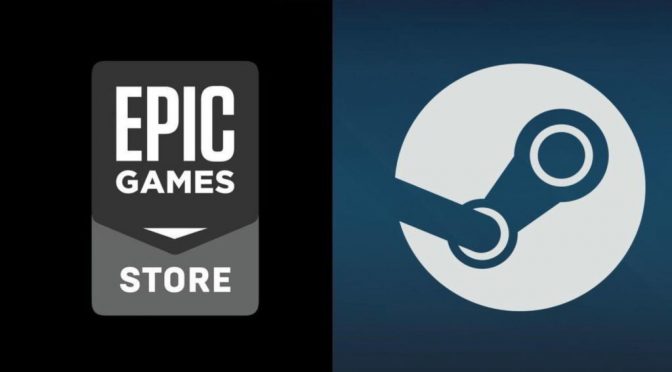A topic that we have brought up multiple times on the GameCorp podcast is the argument between competition against brand loyalty, and how being loyal to something doesn’t always guarantee the best results when it comes to creativity and originality in the gaming industry. People nowadays want to stick with one platform because of how awesome they believe it to be. Then when anything else new comes along to break the mold even just a tiny bit, they freak out because it isn’t what they’re used to. So instead of accepting change, they try to justify why what they do is the best, and why everyone should follow in line with them as well.
This in turn starts to take the attention away from the games themselves, and encourages people to take sides to complain about which platform is better. Now a war has started that no one can ever win, and the end result will only makes this worse in the long run. Let’s take a moment now to explore the reasons for and against each of these ideas, and how one may not be necessarily better than the other.
The first complaint I keep hearing from multiple different Youtubers, gamers, etc. is how the Epic Store is worse and unfriendly to gamers because they don’t have all of the features that Steam does. Right out of the gate I believe that this is an irrelevant point considering how Steam was established in 2003, and had 15 years to implement features to make it an enticing platform to play your PC games on. Epic Games’s store on the other hand has been out only since December of last year, giving them less than half of a year to develop into something functional. This is, to be perfectly honest with all of you, an unreasonable, not to mention unfair amount of expectation to have for something like this. Besides, not every feature is worthwhile anyways. Take user reviews for example, most of the time people abuse them to their own benefit, and completely misinterpret the reason why they were implemented in the first place.
Our next issue to dive in is the idea of how having too many places to go buy games is a bad thing, and how games should be on all platforms; that way each person has a chance to play them. While I never encourage limitation as to how something can be experienced, saying something like this will take creativity out of how games are designed, not to mention how they are sold, and that in turn will lead to a lack of uninspired, boring titles that lack any sort of innovation whatsoever. In addition to this, most of the Youtubers out there complaining about how they can’t play something because it is now exclusive to another platform own most consoles anyways, so instead of being a hypocrite about the point they are making, just move to another platform and play it there. Sure, it may not be exactly the way you wanted to do it to begin with, but if the game looked intriguing enough to you anyways, then what difference does it make?
Finally, I’m going to cover this idea on how offering incentives and opportunities to developers is a greedy practice that only fills the pockets of these companies. Losing what matters the most, the gamers. Let’s make something clear, gamers mean a lot to the industry, but the harsh reality of that fact is the major reason why they matter is because they keep pouring money into it. This gives developers more opportunities to create the games they want to make, and the publishers more chances to release each one to the public so that people can experience them. If one company offers a larger profit margin to another in order to encourage them to make the best game possible, where’s the harm in that? This forces others to adapt and change things up to not only keep themselves relevant, but to also keep the industry thriving as well.
So where does that leave us? Well, I honestly have no idea. I can keep preaching these ideas all I want, but unless people take them to heart and start to think outside the box, then all of these arguments will fall on deaf ears for many years to come. The only thing I can say to you is let the games decide their own fate, not what platform they release on.

